Ambassador Le Thi Tuyet Mai (in blue shirt) and staff of the Vietnamese Delegation in Geneva. (Photo: VNA/release)
From June 21-23, at the United Nations headquarters in Geneva, the United Nations Economic and Social Council (ECOSOC) meeting on humanitarian assistance activities in 2023 took place.
The session included discussions on addressing food insecurity and the threat of world hunger.
Representing Vietnam at the meeting, Ambassador Le Thi Tuyet Mai - Head of the Permanent Mission of Vietnam to the United Nations, the World Trade Organization (WTO) and other international organizations in Geneva - delivered a speech at the high-level thematic discussion and the general discussion.
According to VNA correspondent in Geneva, in her remarks, Ambassador Le Thi Tuyet Mai affirmed that Vietnam recognizes the importance of humanitarian assistance activities and supports the role of relevant United Nations agencies in mobilizing and providing humanitarian assistance in times of conflict, natural disasters and other emergencies, as well as in effectively responding to food insecurity.
Vietnam shares the concern and is committed to joining the international community in resolving the global food security crisis that is directly threatening the lives of hundreds of millions of people around the world, especially in underdeveloped countries and those affected by conflicts, natural disasters, epidemics or climate change.
According to Ambassador Le Thi Tuyet Mai, Vietnam has made financial contributions within its capacity to the COVAX mechanism (a global access mechanism for COVID-19 vaccines) and is uniting with the international community to repel the COVID-19 pandemic.
In 2022, Vietnam also contributed to the United Nations Humanitarian Emergency Fund to support people in need.
People receive food aid in Nangarhar province, Afghanistan, June 8, 2022. (Photo: THX/TTXVN)
In addressing the global challenge of food insecurity and preventing the risk of famine, Ambassador Le Thi Tuyet Mai said it is necessary to promote multilateral cooperation and international solidarity to seek comprehensive, global solutions.
The immediate goal is to support countries threatened by food crises, restore global supply chains and control rising agricultural price pressures to recover from the COVID-19 pandemic.
In the long term, UN member states need to aim for an overarching action of building a comprehensive and sustainable food system, combined with investment in climate-resilient agricultural development to increase harvest yields and address the link between peace and development.
Ambassador Le Thi Tuyet Mai emphasized that peace and stability are prerequisites for humanitarian assistance activities.
These activities can only be conducted safely and unhindered in a peaceful and stable environment.
In addition, humanitarian assistance activities must be based on the principles of neutrality, fairness, independence, respect for the United Nations Charter and international humanitarian law, and in accordance with the conditions, circumstances and specific needs of each country.
For Vietnam, Vietnam always implements a people-centered policy and focuses on achievements in ensuring national food security as well as in contributing to world food security.
Vietnam is restructuring agriculture, associated with addressing the relationship between food production, energy, water resources and climate change adaptation, promoting green transformation, circular economy and new rural construction, post-COVID-19 pandemic recovery and inclusive development.
Ambassador Le Thi Tuyet Mai also affirmed that Vietnam is ready to join the international community's efforts in ensuring world food security, addressing urgent challenges of increasing food insecurity, as well as sharing experiences with other countries in ensuring national food security.
This year, the ECOSOC session focused on the theme “Strengthening humanitarian response at a time of unprecedented global humanitarian need: shaping the transition and solutions to address the urgent challenges posed by rising food insecurity and famine risks, protection and climate change.”
At this session, representatives of countries, international organizations and speakers discussed the challenges in humanitarian activities that the world is facing, including the risk of famine, global food insecurity, and the growing impact of climate change...
These challenges are threatening the lives of hundreds of millions of people around the world, especially in underdeveloped countries and countries affected by conflicts, natural disasters, epidemics, and climate change, with women and children being the most affected./.
Mr. Hien-Van Tuan (Vietnam News Agency/Vietnam+)
Source link


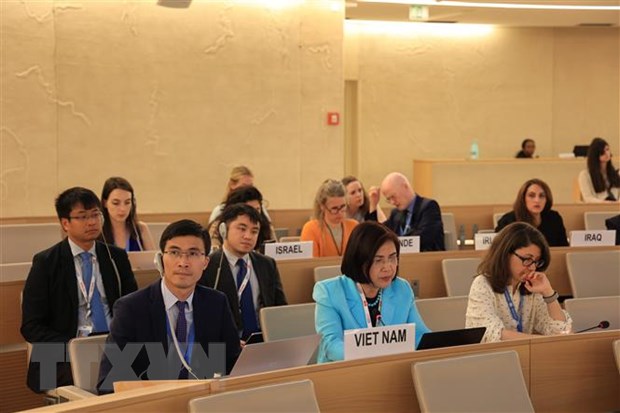
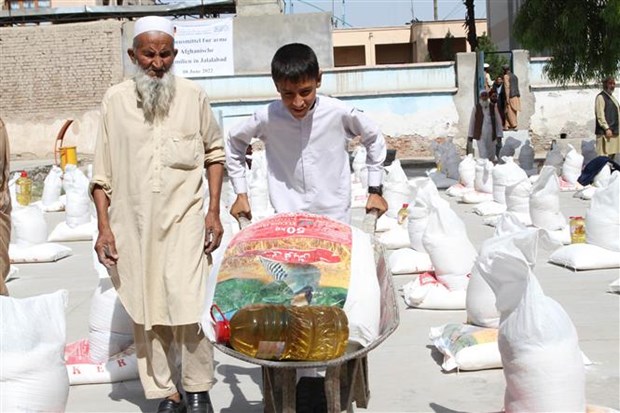
![[Photo] Hungarian President begins official visit to Vietnam](https://vphoto.vietnam.vn/thumb/1200x675/vietnam/resource/IMAGE/2025/5/27/ab75a654c6934572a4f1a566ac63ce82)


![[Photo] Vice President Vo Thi Anh Xuan, French President Emmanuel Macron and his wife visit Hanoi University of Science and Technology](https://vphoto.vietnam.vn/thumb/1200x675/vietnam/resource/IMAGE/2025/5/27/267b6f2bdf3e46439f081b49f6ec26b1)


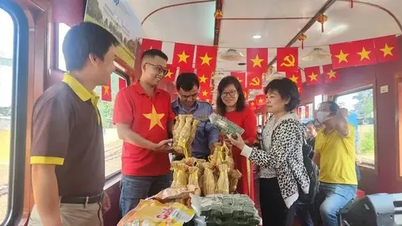
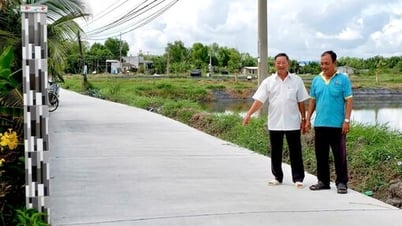
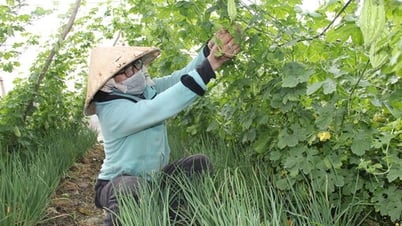

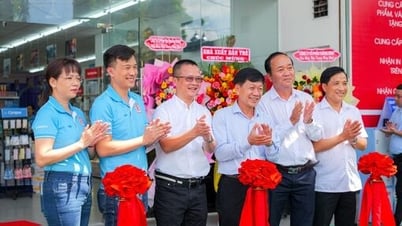






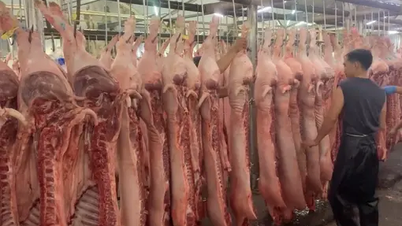

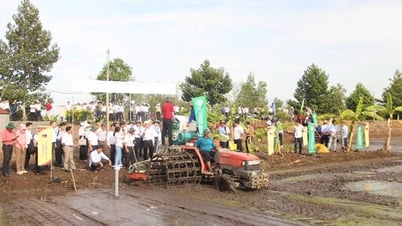
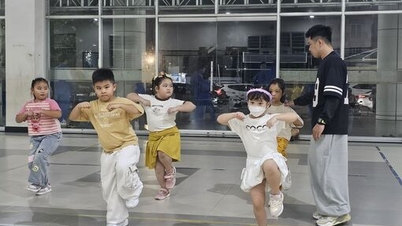
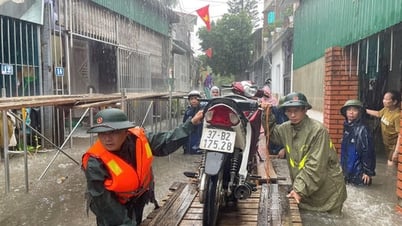
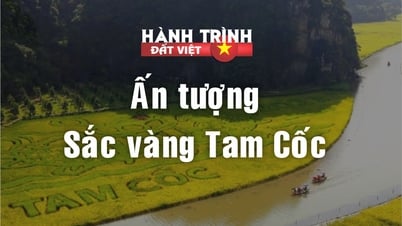







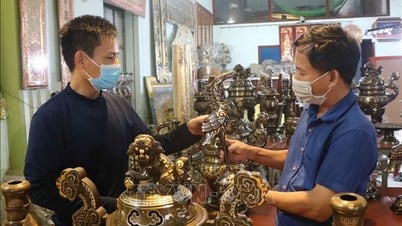
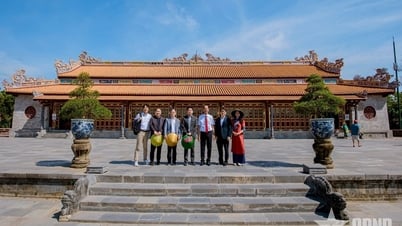





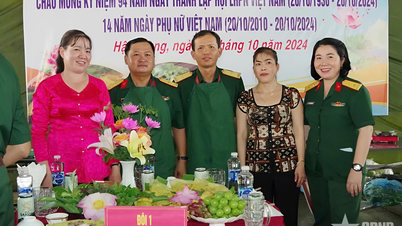





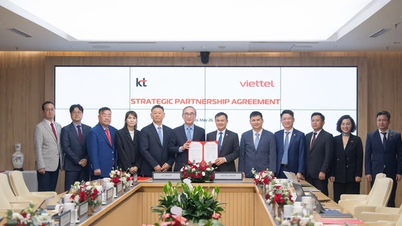
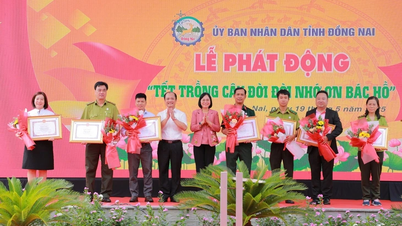
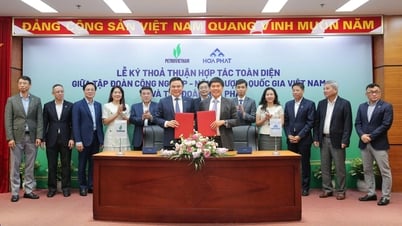



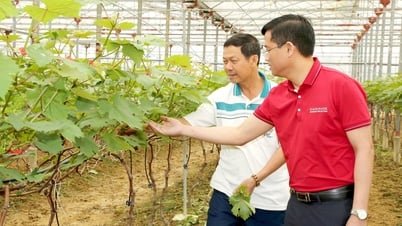


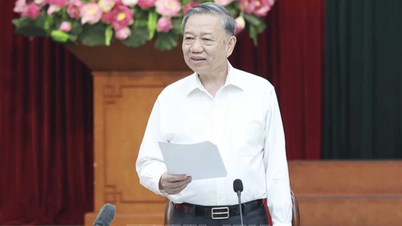


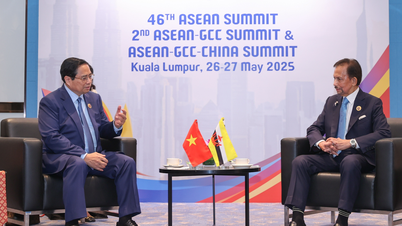


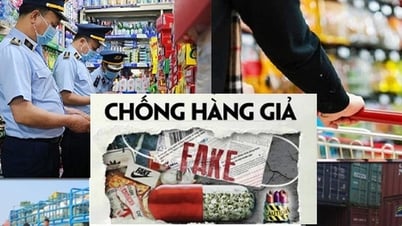




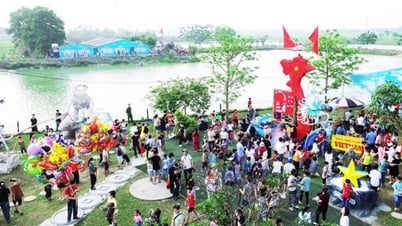
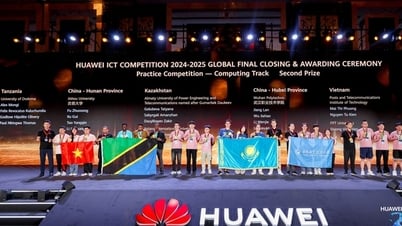

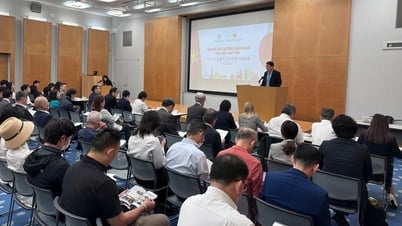


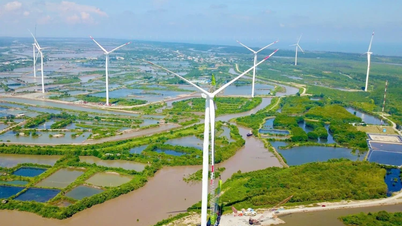

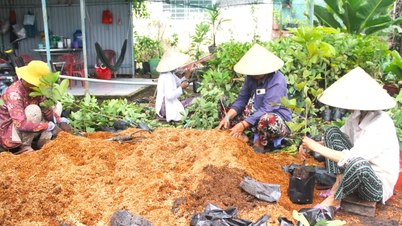
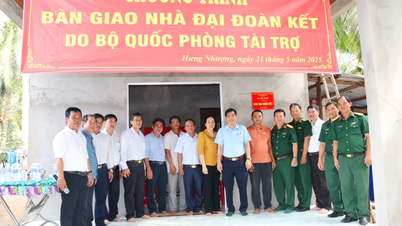
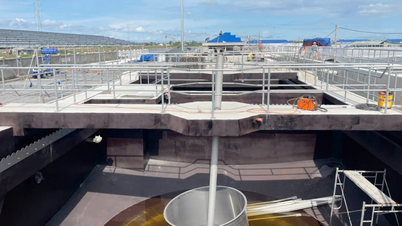
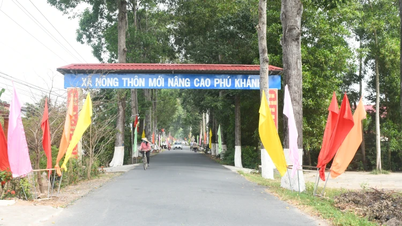
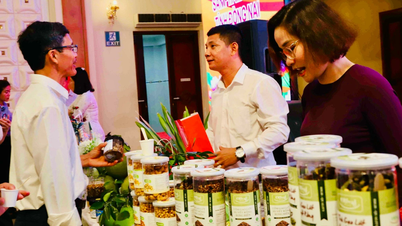

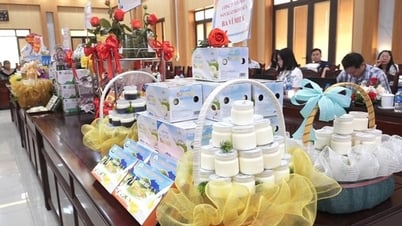

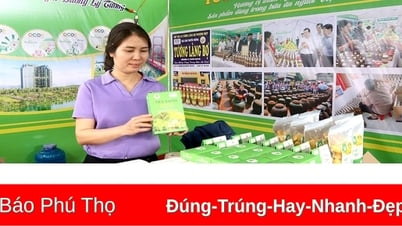

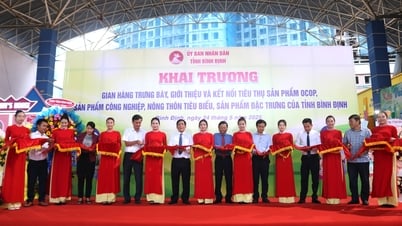

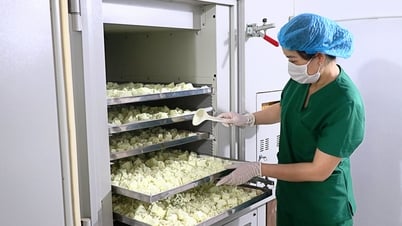

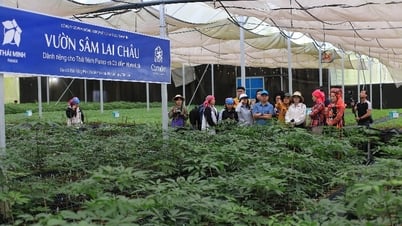

Comment (0)